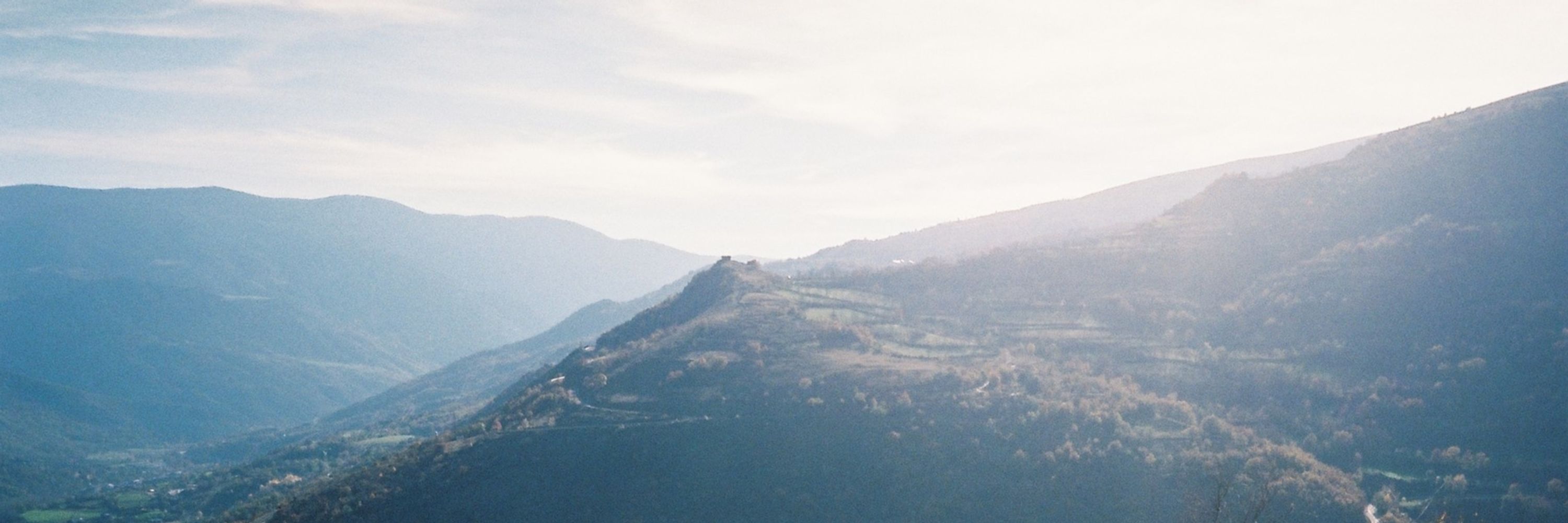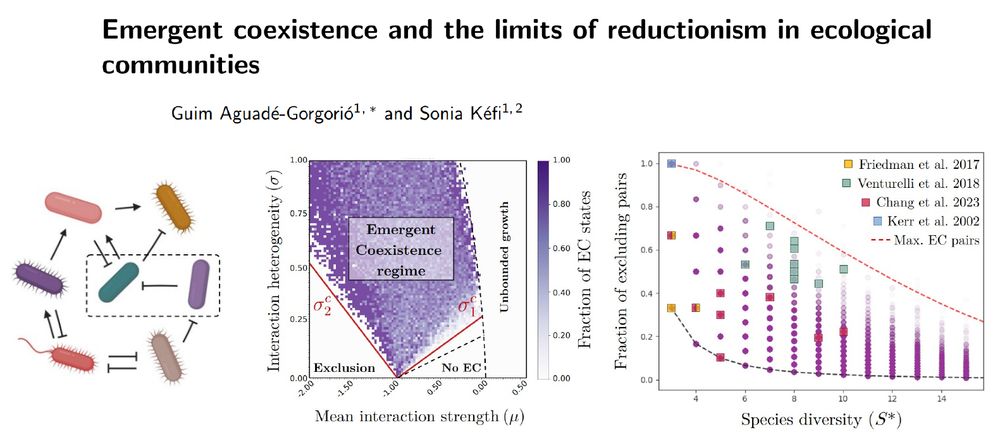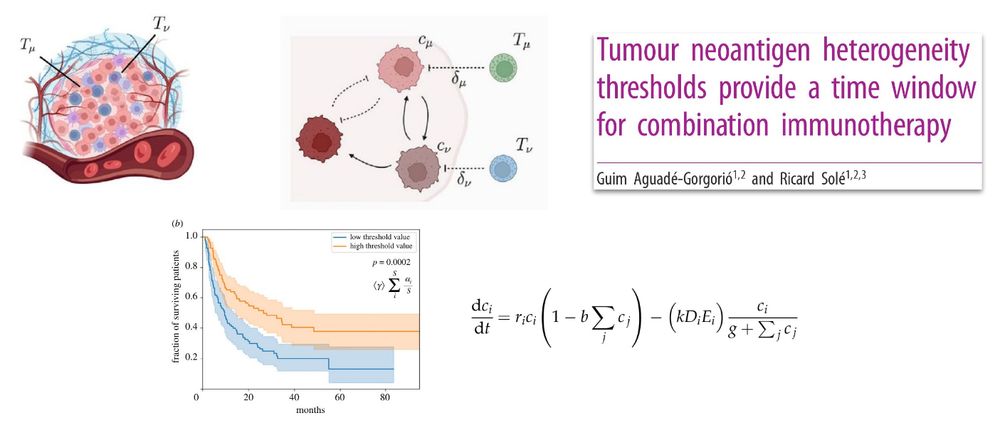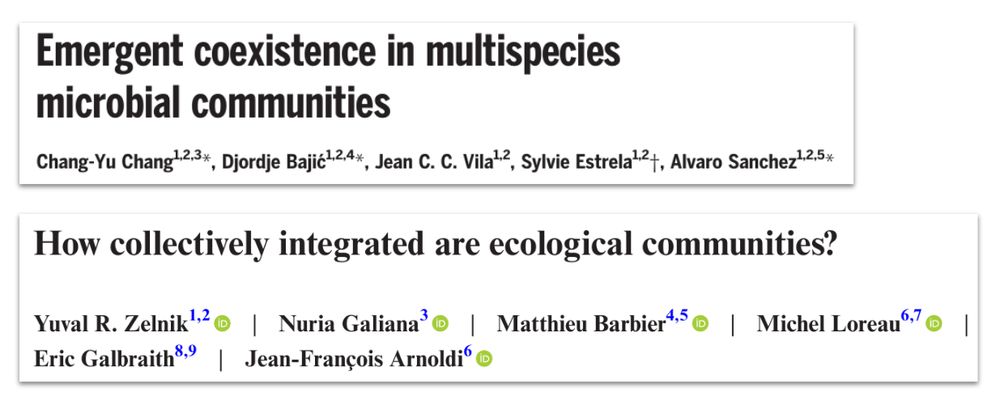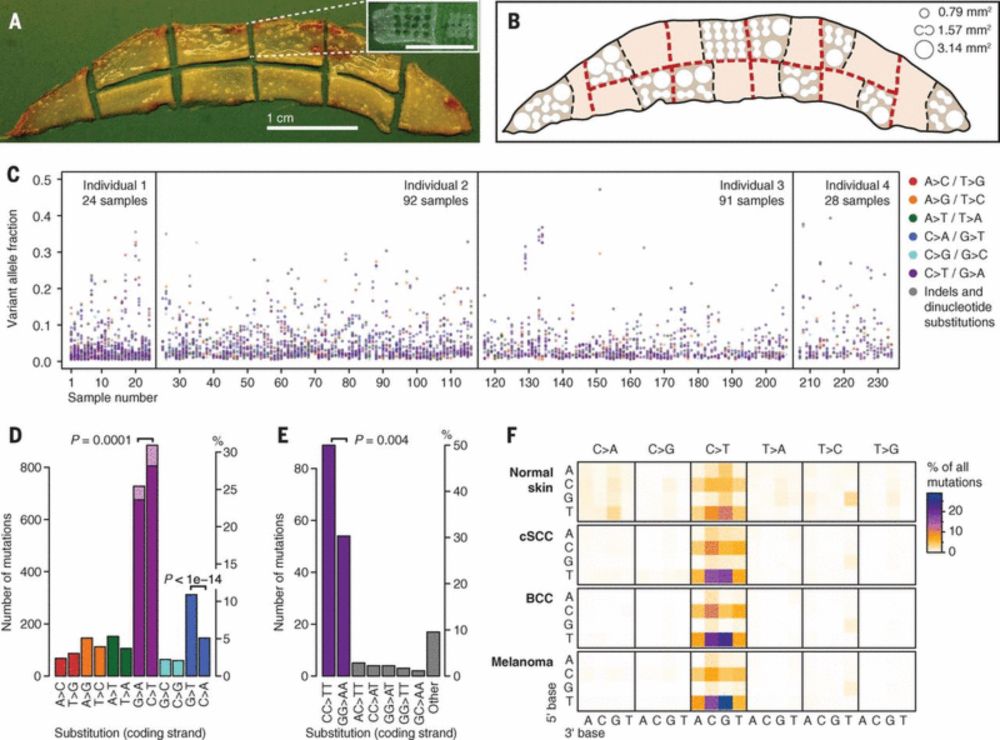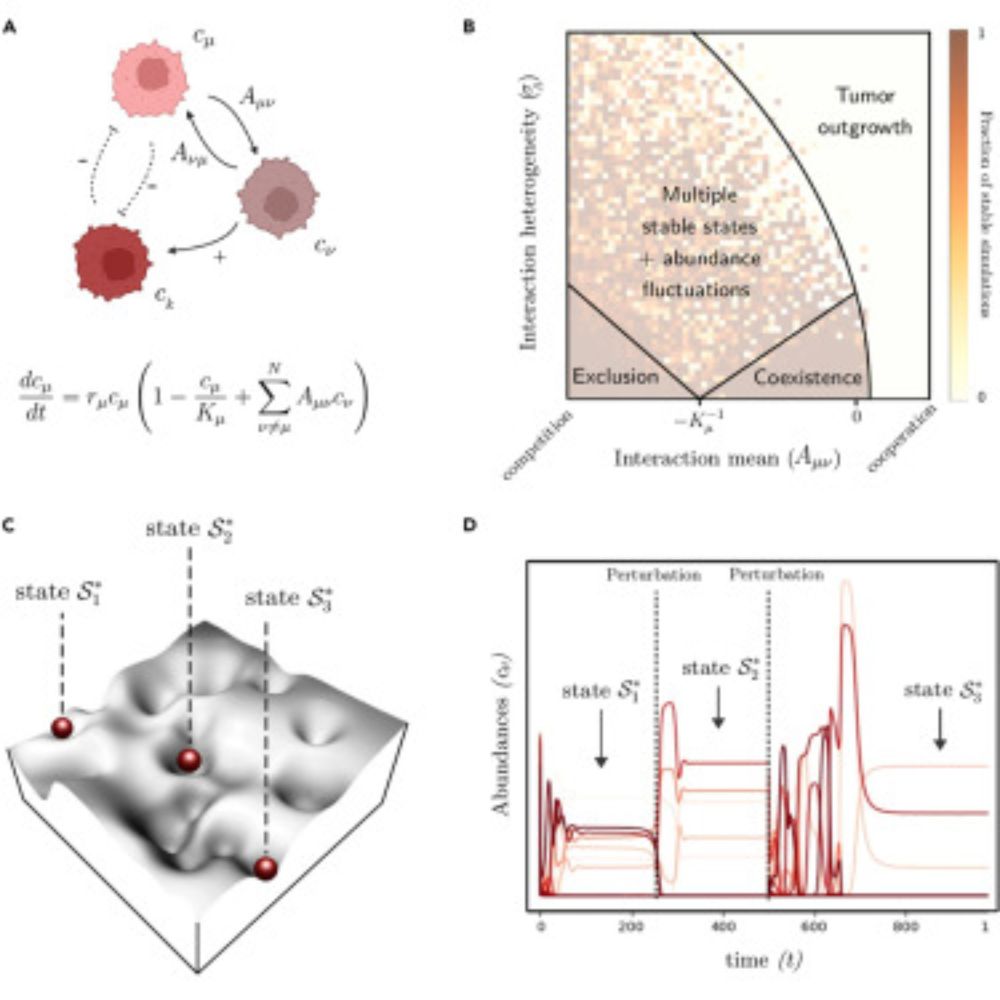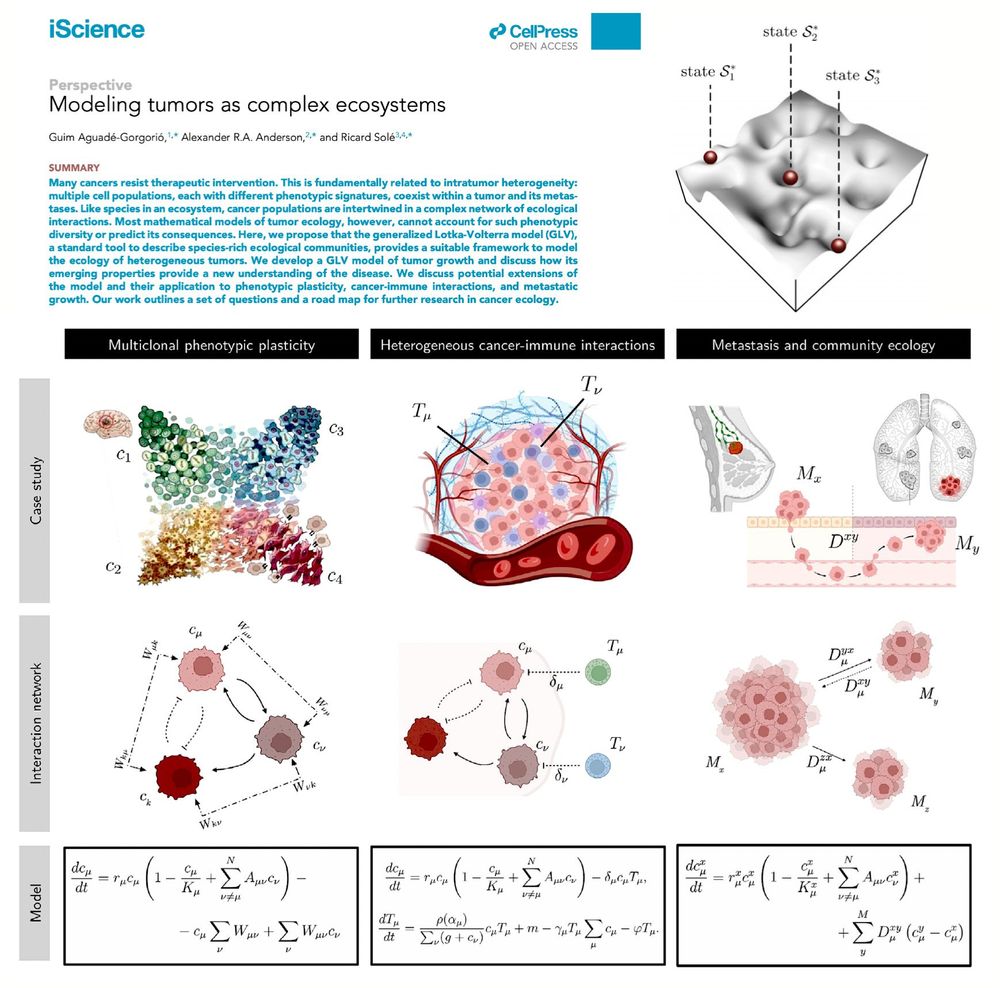Guim Aguadé-Gorgorió
@guimaguade.bsky.social
940 followers
2.7K following
11 posts
Marie Skłodowska-Curie fellow at ISEM Montpellier. Physicist studying complex biological systems - ecosystems, cancer, immune networks and microbial communities.
Posts
Media
Videos
Starter Packs
Pinned
Reposted by Guim Aguadé-Gorgorió
Reposted by Guim Aguadé-Gorgorió
Reposted by Guim Aguadé-Gorgorió
